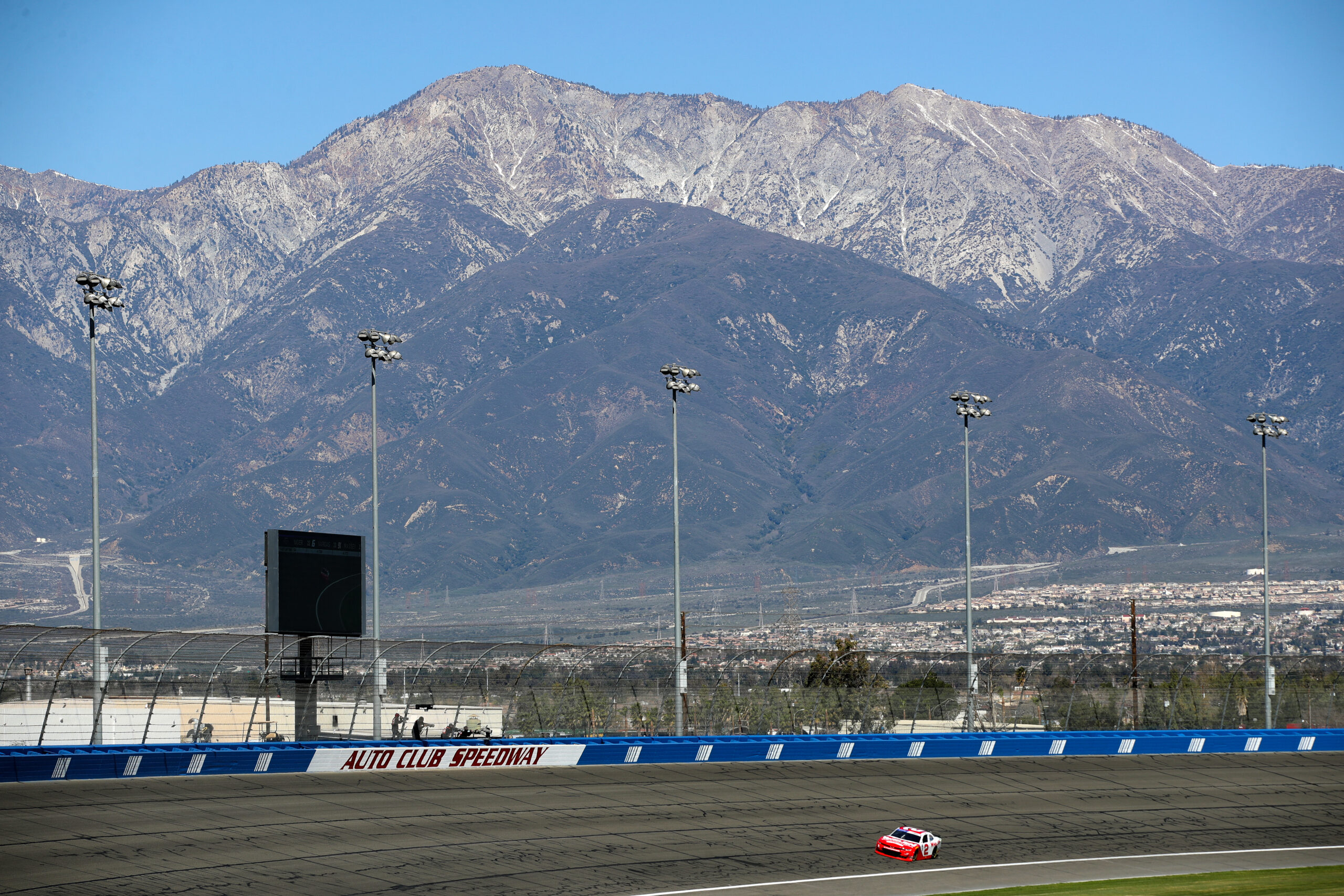
For the NASCAR Cup Series, this weekend is their one and only off-weekend of the year. Over the course of 38 weeks from the Daytona 500 in late February through Phoenix in early November, the Cup Series is racing in 37 of those. This is a relatively new development, and the question must be raised about whether or not one off-weekend a year is enough for the Cup Series.
From when NASCAR began its’ “Modern Era” in 1972 until NASCAR began expanding in the late 1990s, NASCAR would run between 28 and 31 races per season. The schedule footprint was solidified in 1981 with the Daytona 500 being run on President’s Day weekend and the season finale usually around mid-November. That’s around 40 weeks of racing, meaning NASCAR would have roughly around 10 or so off-weeks per season.
In the late 1990s, NASCAR’s schedule expanded, but the schedule’s footprint remained exactly the same. The modern 36 points race calendar became standard in 2001. This meant 36 points-races plus two exhibition races in 41 weeks, meaning NASCAR had three off-weeks. Teams went from an off week every three weeks or so to an off week every couple of months.
Likely in order to give NASCAR some better weather later in the season, the schedule was condensed in 2022 to 36 points races plus one exhibition race in 38 weeks. That’s a move from three off-weekends per year to just one.
With the lack of off-weekends, this means that the NASCAR schedule does not have a lot of room for error, particularly when it comes to weather delay or rainouts. This became a problem in the Xfinity Series recently with Tommy Joe Martins’ team.
So both of our haulers had issues on the way to @portlandraceway.
— Tommy Joe Martins (@TommyJoeMartins) June 2, 2023
44/45 Hauler – Truck broke down in St. Louis (was quoted 24k to fix it, won’t be doing that)
43 Hauler (w/backup car) – trailer blew all the air bags near Kansas City, couldn’t be repaired til Sunday earliest
This was partially because the Xfinity Series had to make the cross-country trip from Charlotte to Portland in less than a week because of the Charlotte race being postponed. Is NASCAR’s condensed schedule beginning to take a toll on NASCAR teams equipment? It seems that it did here.
Chase Elliott broke his leg in a non-racing incident earlier this year, and it opened up the conversation about what drivers are limited to doing in their free-time. Kevin Harvick offered some interesting insight into why it’s important for drivers to be able to live their life, specifically mentioning the schedule
It’s not uncommon in any line of work to need some sort of a break. However, NASCAR just does not allow for much of that. Drivers and teams are constantly on the road and moving from one race to the next.
As far as drivers speaking out about the condensed schedule, look no further than 2001, the first year of the 36 race calendar. NBC did a feature during pre-race for the inaugural Kansas race talking about the expansion to 36 races.
Drivers such as Michael Waltrip and Jeff Burton expressed that 36 races was too many. Dale Jarrett and Tony Stewart expressed how that effects teams, but Jimmy Fennig said that they just needed to adapt. I highly doubt that sentiment has changed much over the years, but it seems that people have begun to accept how the schedule has compressed.
The flip side of this argument is that less off-weekends means more NASCAR for fans to watch. As opposed to other motorsports like IndyCar and Formula One, which race typically every two to three weeks, NASCAR fans have something virtually every week.
That’s the balancing act that NASCAR has to perform. On one hand, it needs a consistent product to maintain fans. NASCAR also has to make sure they can run the races in good weather, so running too deep into November becomes a problem. On the other hand, it needs to keep teams and drivers happy enough to keep the product on the race track.
The current schedule is nothing short of grueling for drivers and teams. This is no secret, and is one off-weekend truly enough for a NASCAR season? Just because someone can do something does not mean they should.
However, there is a delicate balancing act NASCAR has to strike with the schedule. The current 36 race schedule has become the norm for NASCAR, and that will probably not change every time soon.
